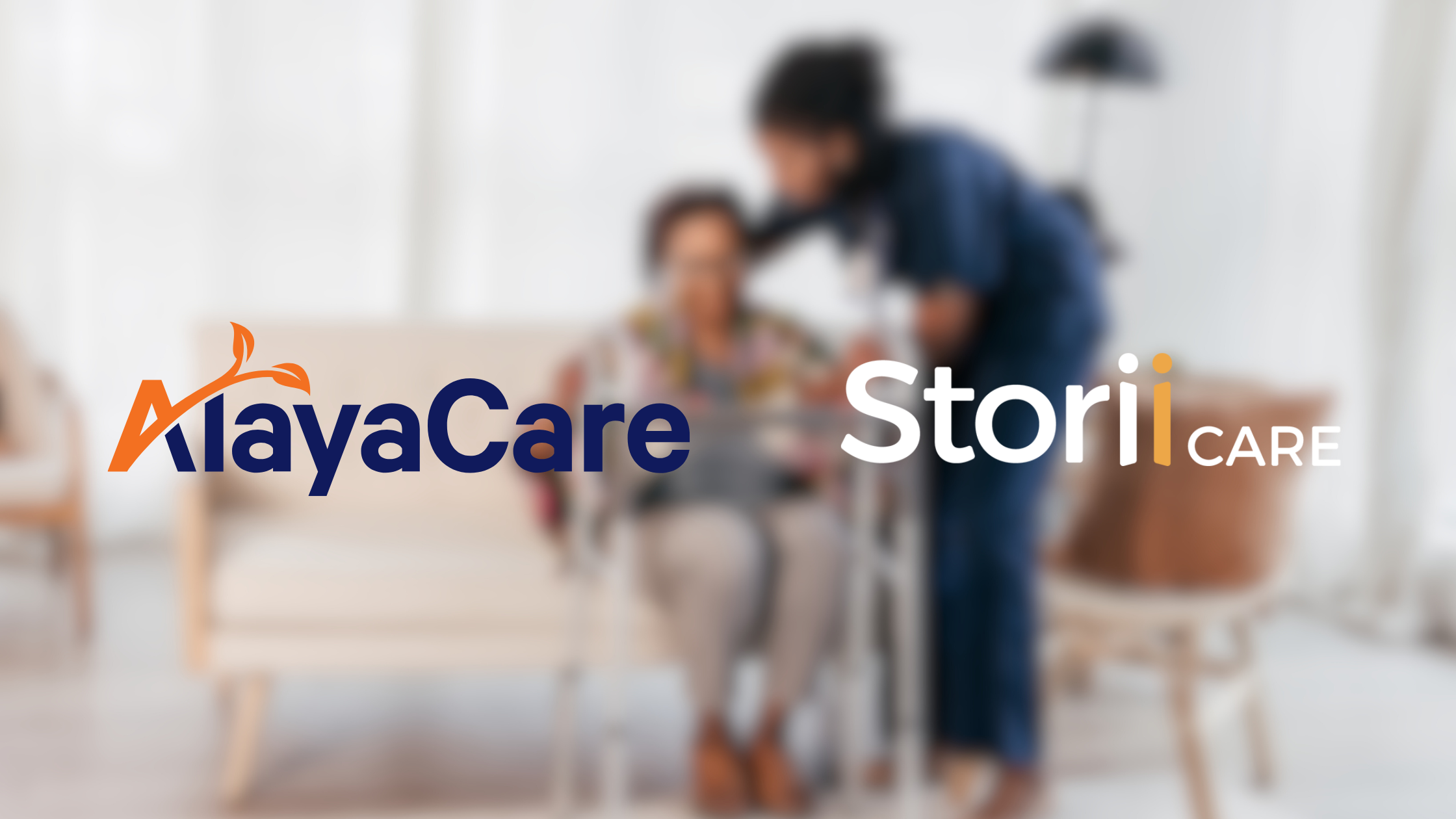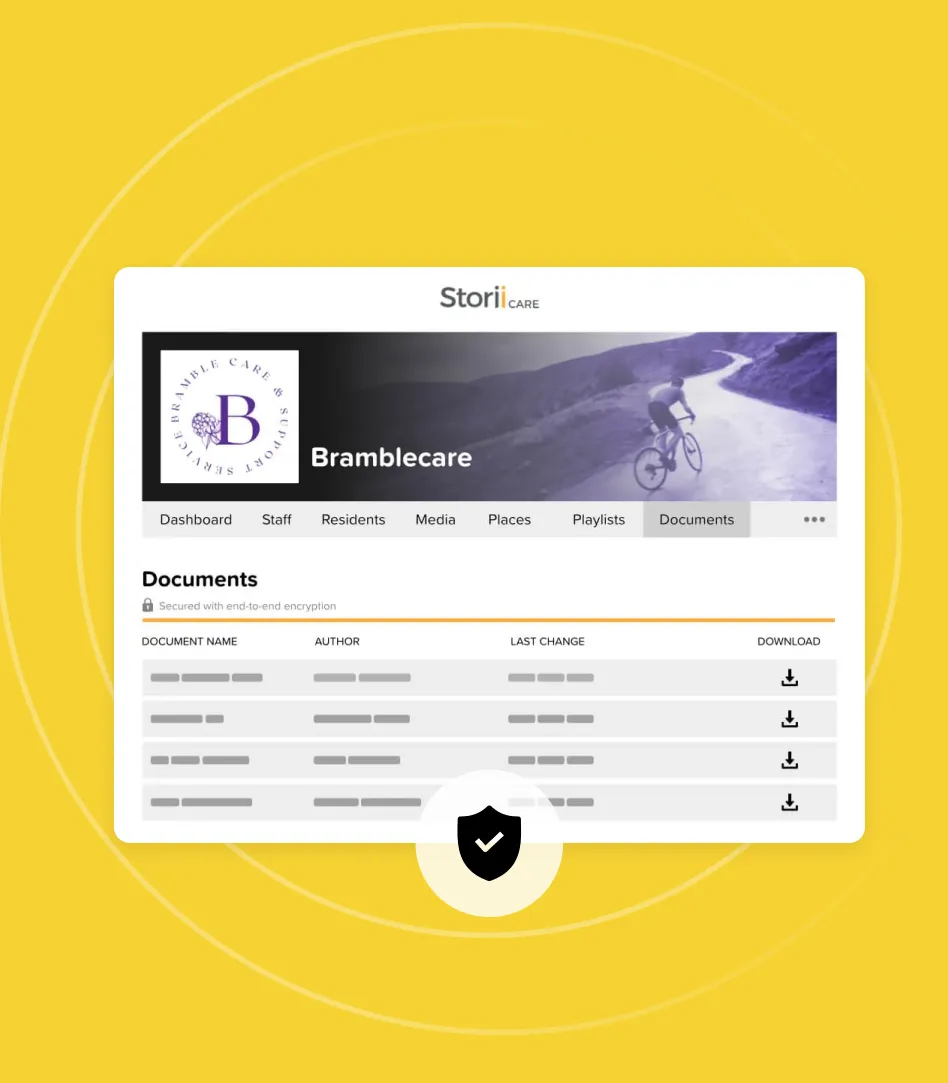What is COP26?
COP26 (which stands for 'Conference of Parties') is the 26th edition of the United Nations’ annual climate change conference. The conference is taking place in Glasgow, UK from 31 October to 12 November. This conference is attended by delegates from 197 member nations of the United Nations Framework Convention on Climate Change (UNFCCC).
The aim of the conference is to bring the nations together in order to accelerate action towards mitigating and adapting to climate change on a global scale. Nations are encouraged to share their respective plans for reaching net zero emissions by 2050. This is in line with the 2015 Paris Agreement.
What are the goals for COP26?
There are four main themes of COP26. Each theme has a specific goal tied to it. They are as follows:
- Mitigation: Secure global net-zero emissions by 2050 and keep 1.5-degree warming within reach.
- Adaptation: Adapt to protect communities and natural habitats.
- Financing: Mobilise finance.
- Collaboration: Work together to deliver targets.
What does this mean for residential care providers?
COP26 is relevant to residential care providers such as care homes and housing associations. This is because the conference outlines the same carbon reduction targets that the care and social housing sectors are striving to meet. Furthermore, it is the duty of care staff, support workers, and nurses to protect and promote public health in the face of the threats posed by climate change. Our health and social care workers cannot do this alone. The UK government is committing to:
- An emissions reduction target of 78% by 2035
- Banning gas boilers in new homes by 2025
- Rolling out Wave 1 of the Social Housing Decarbonisation Fund
This conference does not offer direct guidance for progress within the care sector or social housing in the UK, specifically. However, COP26 has the potential to prompt ambitious action on policy areas that directly affect the housing and care sectors.
Sara Gorton, the Head of Health at Unison said, "It's likely to cost more than £10 billion for the NHS to meet its 2040 net-zero target." She is urging all of us to call on the government for additional funding and is wary of "raids on existing health budgets".
What can residential care providers do during COP26?
How can residential care providers make the most of the widespread attention that COP26 will draw? By calling on the government for continued investment in, and the prioritisation of, healthcare and social housing sectors. This is also an ideal time to engage with residents or the people you support. Discuss the implications of net-zero emissions, the changes that will be required, and the opportunities these changes present.
Action Steps
- Engage with COP26 on social media. Follow @COP26 on Twitter and include these hashtags in your tweets: #LocallyLed, #OneStepGreener, #RaceToResilience, #TogetherForOurPlanet.
- Blog or share posts about your decarbonisation initiatives. Showcase how you are currently, or planning to, contribute to the four COP26 goals. Encourage other providers to do the same.
- Facilitate webinars and in-person forums with residents and staff. Engage them in the benefits of reaching net-zero and ask for their cooperation and input.
- Engage in localised and community initiatives centred on emissions reduction.
- Conduct some research into options and tools for achieving net-zero within your business or organisation.
- Consider 'greening' fleet vehicles.
- Source the food you serve locally.
- Reduce paper use by switching to a digital care management system.
- Demand the end of excessive packaging from vendors and suppliers.
- Look into funding for 'retrofitting' housing.
- Think about what equipment and supplies can be reduced, reused, or recycled.
- Speak to other providers and find out what they are doing to implement greener health and social care.


.avif)

.png)

.png)










